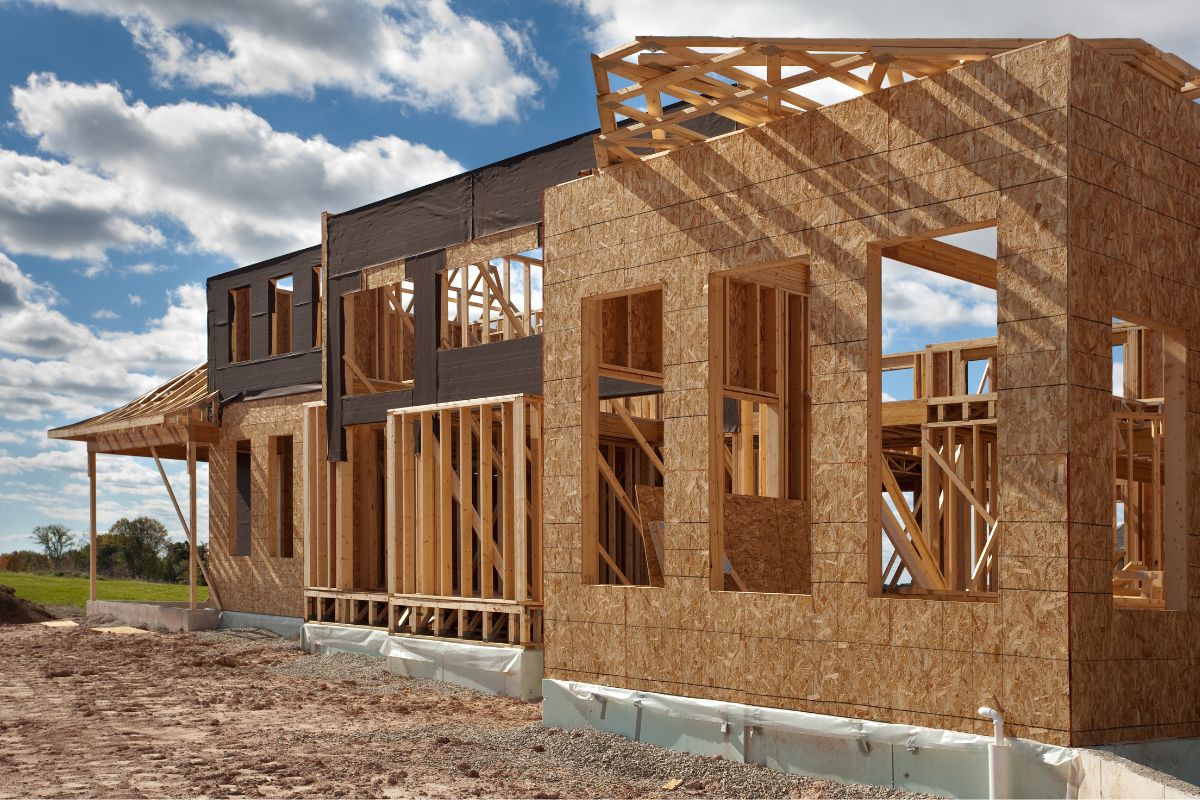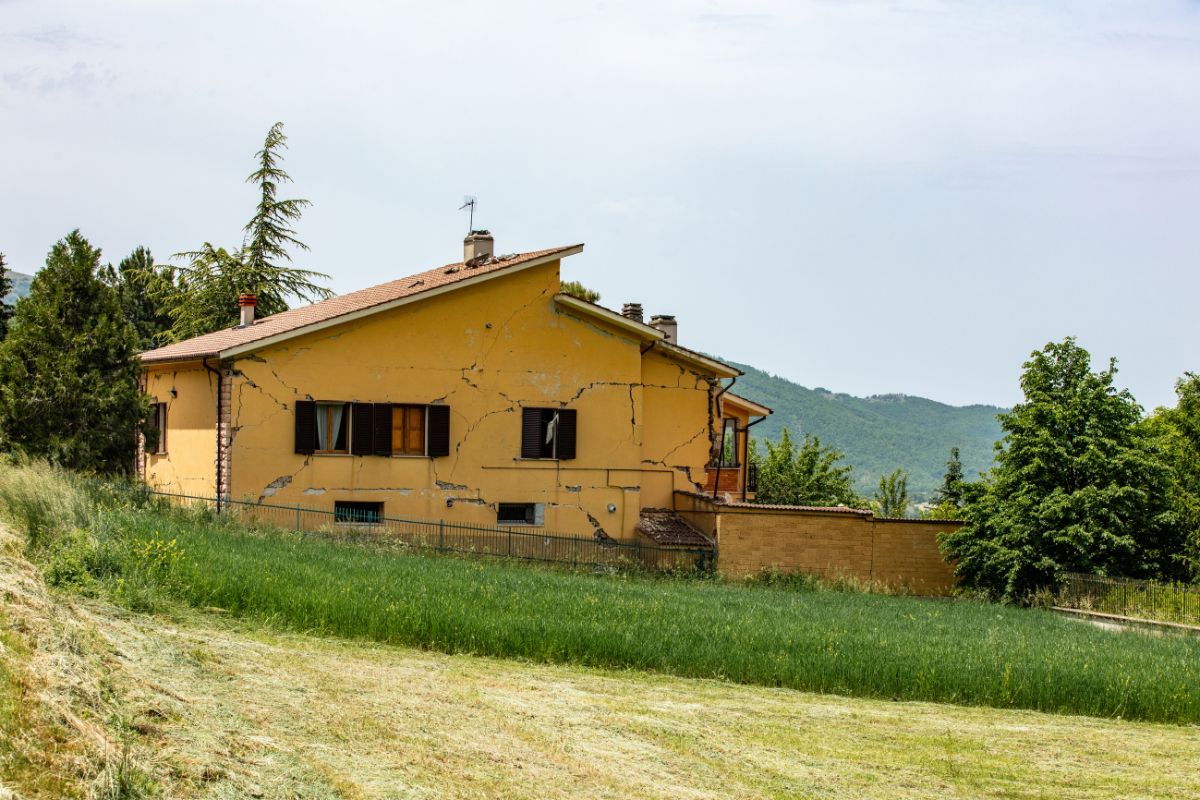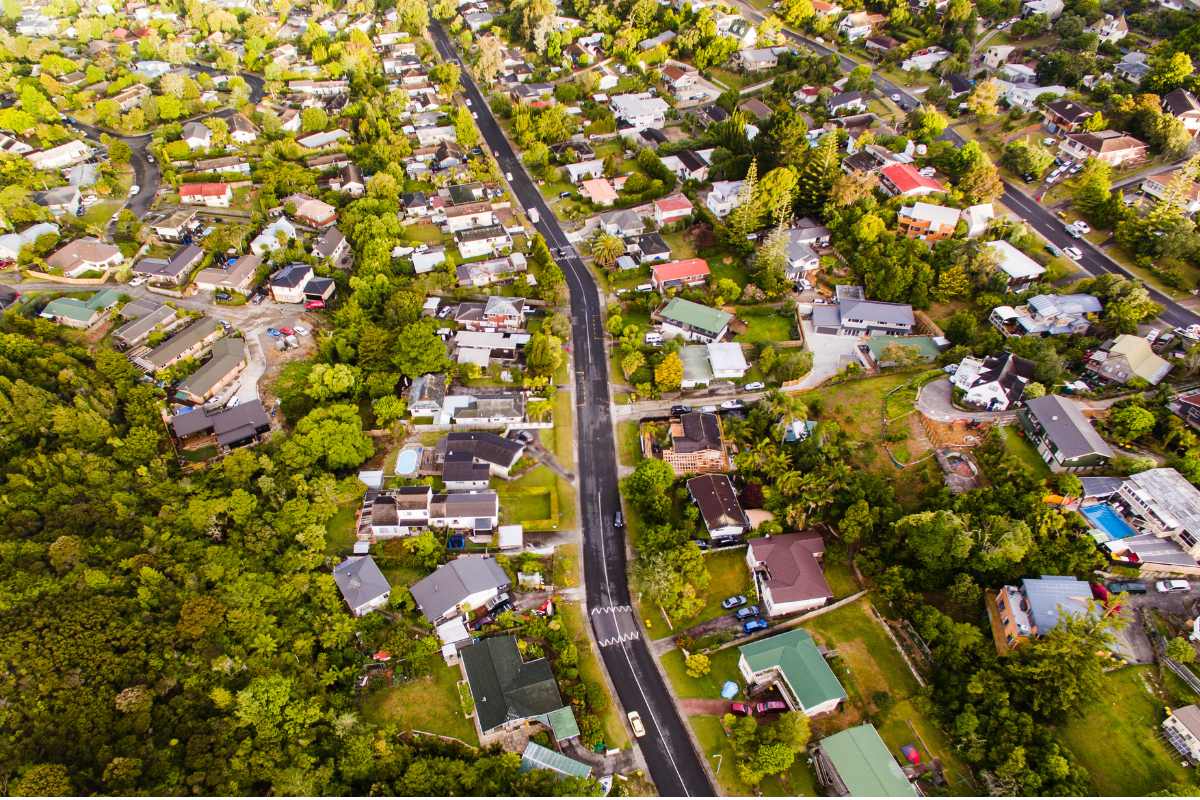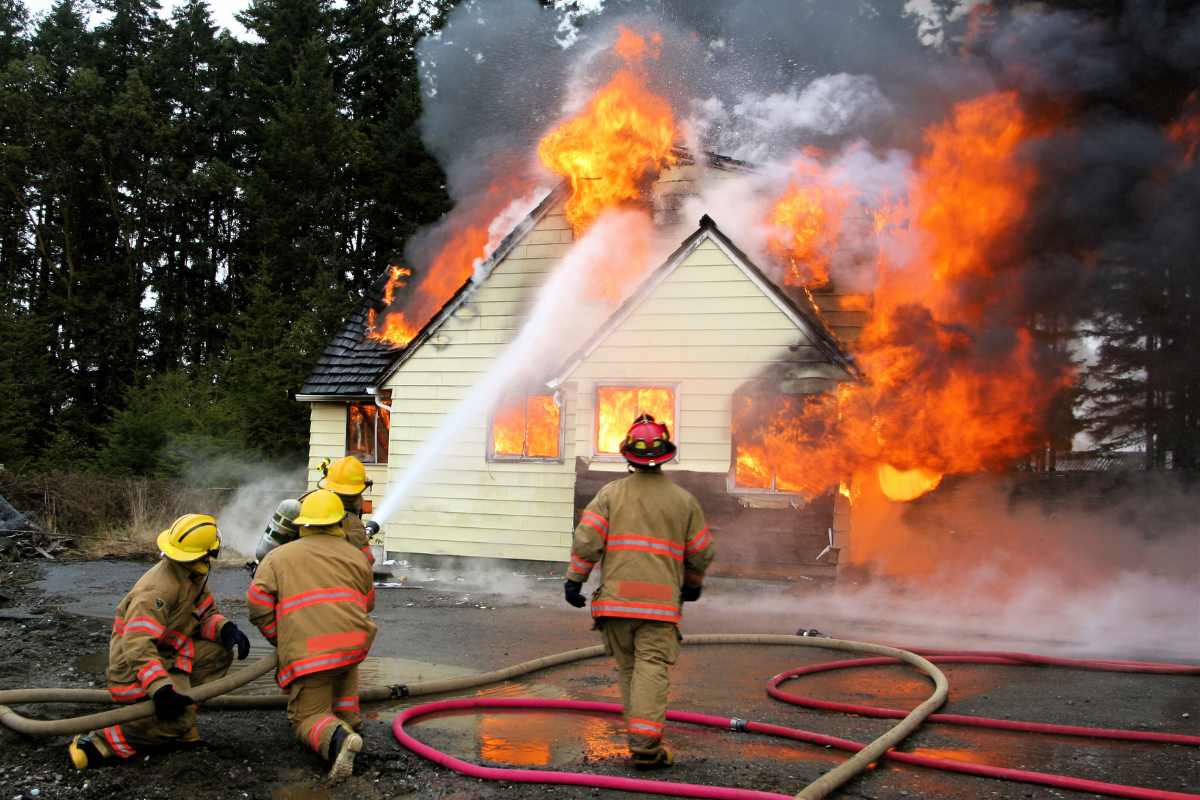Contracts and Insurance for Residential Construction
So, you’re going to build or alter your new home. We highly recommend you have a robust contract in place, along with adequate insurance.

Building Contract
We believe having at least some form of written agreement in place as protection for yourself is essential.
Compare this with having an employment agreement in place – not having one simply leaves you open to potential problems. In fact, it is legally required to have a written residential building contract where the building work is $30,000 or more.
There are very good document templates available online, so this doesn’t necessarily have to be expensive. There are options available to you as a building owner from MBIE, who has funded a number of building standards to make these templates available at no charge:
- For residential builds, you can use NZS 3902:2004 Housing, alterations, and small buildings contract, and this is available free from Standards New Zealand.
- For small commercial contracts, where no engineer is involved to “supervise” the contract, then we recommend NZS 3915:2005 Conditions of Contract for Building and Civil Engineering Construction (where no person is appointed to act as Engineer to the contract), and this is available from Standards New Zealand for $94.50 in pdf format.
Terms and Conditions
What is provided in terms of surety from your tradespeople? Who is a party to the main contract – does the builder engage the sub-trades, or do you?
Have you read the contract – does one even exist? You are leaving yourself wide open to loss if you proceed without a contract, and you’d be well-advised to make sure you do have something in place.
We suggest starting this process of negotiation early so you don’t feel rushed.

Terms and Conditions should include the following:
- Address of build
- Parties – get the correct names – and their contact details, including Address for Service
- Variations-to-contract process
- Provisional Sums – what amounts and when are they due?
- Scope of Works
- Practical Completion – when is this achieved? “Practical completion” usually triggers final payments. Is it when CCC is gained? When you move in?
- Are there retentions – any money held back?
- Guarantees
- Insurances
- How you’ll manage disputes
What Insurance is Available?
Construction Insurance
If you’re building, renovating or making alterations to a house or property, construction insurance provides cover for accidental loss or damage that might occur during the building work.
It can provide cover for both residential and commercial construction projects.
Construction insurance is also known as contract works insurance, ‘Builders All Risk’ or ‘Contractors All Risk’ insurance in New Zealand.
Who is holding the construction insurance? Are you paying for it, or is the builder? If a small builder, they may not have the resources, so you’ll need to take up the cover yourself.
You may be planning to stockpile materials. Think about where and for how long you’ll be storing them – are the materials you store on-site also insured? What if you hold timber in your rented garage ready for the floor in your new build to be laid, and you have a flood in the garage: will the materials be covered? Or if you pre-pay a supplier, and they agree to hold the stock for you (not a common occurrence), will they also cover the insurance of it for the duration of the storage?
Public liability insurance
Who pays if a crane tips over or your work collapses and damages neighbours or public facilities? House insurance may cover maintenance but not new building work. Check with your insurance company before you begin construction.

Author: Stewart Hobbs - Principal Engineer at ProConsult
Stewart is the journal editor for SESOC (Structural Engineering Society New Zealand (Inc.)








